Recently, Bantu knots have taken the fashion trend by storm. But, it originated more than 500 years ago in the Zulu tribes of southern Africa. Bantu knots have been a symbol of pride and dignity in the Black community for a long time.
With its rising popularity, one might wonder, are Bantu knots cultural appropriation? Appropriation occurs when people, especially celebrities, exploit aspects of Black cultural heritage without giving credit. So, it’s essential to know the history behind Bantu knots.
Stick to the end to find out how celebs like Adele have faced backlash for appropriating Bantu knots.
Bantu Knots And Cultural Appropriation: What Do They Mean?
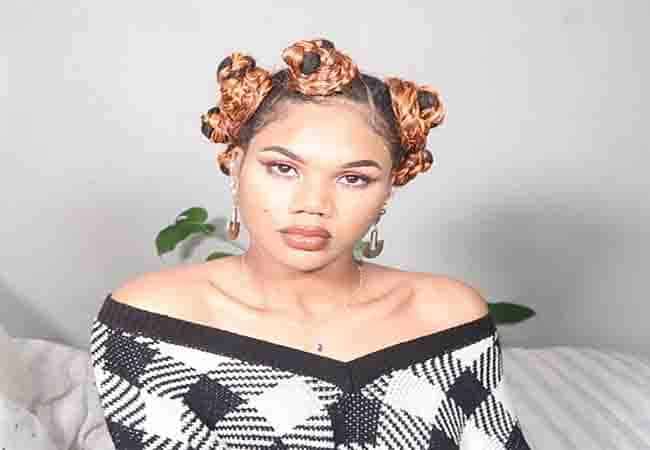
Cultural appropriation indicates the inappropriate or unacknowledged exploitation of an aspect of one culture by members of another culture or race. It can include any cultural element, like an outfit or a hairstyle.
The controversy surrounding Black cultural appropriation is getting heated daily, especially when white celebrities are adopting such uncredited elements.
Bantu knots are an emblem of Black identity, representing strong communal ties. Black women have passed down this trend generation after generation resulting in the hairstyle’s heightened historical significance.
It’s only deemed cultural appropriation when the aspect is adopted with acknowledgment and was previously exploited or mocked for it. However, the intention behind all White people wearing Bantu knots isn’t sinister.
Reasons Why Wearing Bantu Knots Is Cultural Appropriation
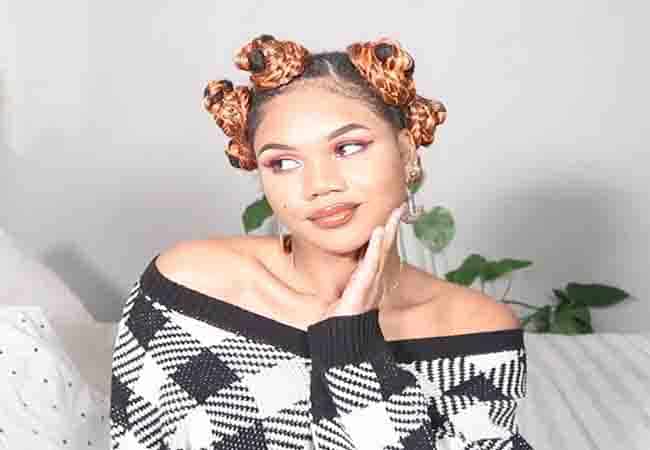
Most often, White people wear Bantu knots, ignoring its cultural and historical significance. This is a display of disrespect and mockery toward African culture.
Moreover, this sort of behavior is especially insulting towards Black women, who’ve struggled to get acceptance for the same looks and styles now so openly and shamelessly adopted by White people.
For decades, Black women have been ridiculed for their hairstyle, labeling them as ‘ghetto’ and other slang. But ironically, when white women do the same hairstyle, they’re termed as “fashionable” and “modern”.
Not only the general public but celebrities, influencers, and even popular fashion brands have faced backlash due to their negligence and blatant cultural appropriation.
Celebrities Accused Of Cultural Appropriation Of Bantu Knots
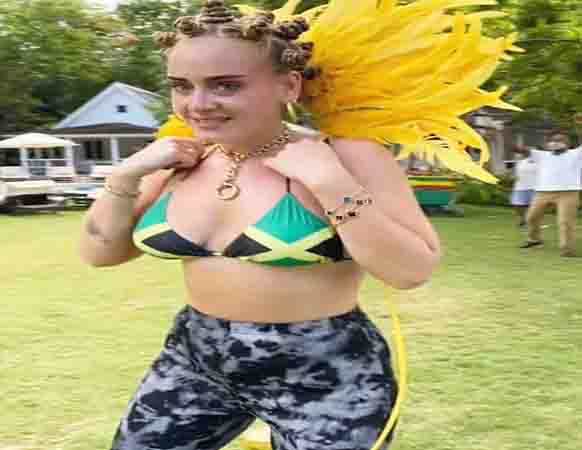
Recently, popstar Adele was under fire for wearing Bantu knots in the 2020 Annual Notting Hill Carnival, a Caribbean festival led by the British Caribbean communities. Adele was accused of black-fishing, i.e., taking advantage of the hairstyle by disrespectfully copying it.
But according to Adele, her hair and outfit were chosen to pay homage to the carnival and Caribbean culture. However, her “appreciation” was deemed “appropriation,” as she used it as a party dress to attract attention.
A similar incident involved Khloe Kardashian when she posted the Bantu knots done on her hair in 2016. She was bombarded with harsh criticism from the Black community, and eventually, the post was taken down from Twitter.
Not only these two but other celebs like Valentino were condemned for appropriating Bantu knots.
What To Do If You Want To Wear Bantu Knots?
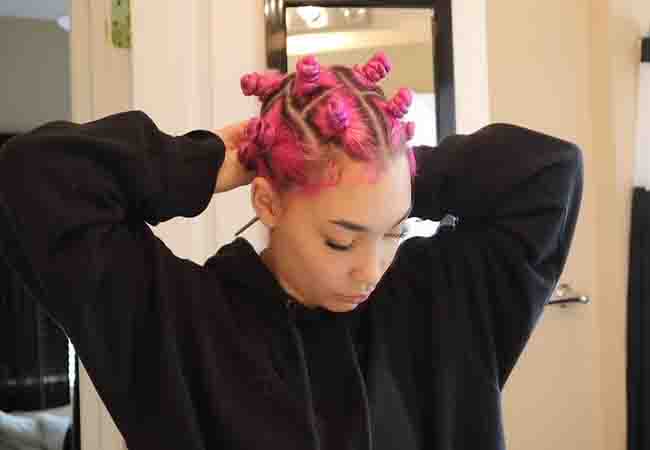
When you wear Bantu knots, no one’s going to stop you or question your actions. However, you should be responsible and ask yourselves, “Do I know the historical significance behind Bantu knots?” “Is my hair appropriate for Black hairstyle?” “Am I being offensive towards any culture?”
So, whether you want to adopt the hairstyle is up to you. But beware of criticism and educate yourself first.
Are Bantu Knot Outs Considered Cultural Appropriation?
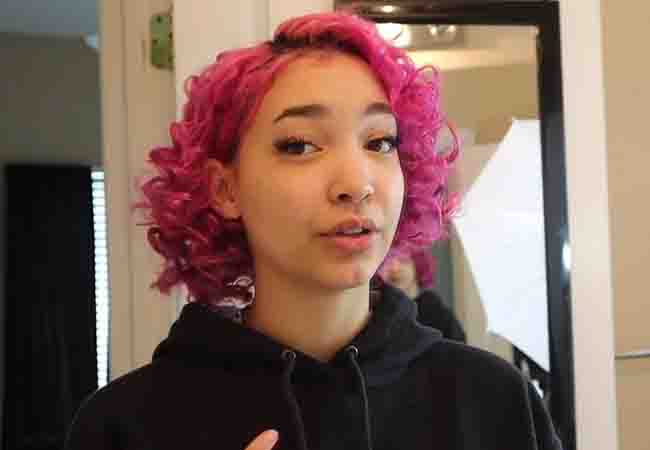
Bantu knot outs are famous for being a heatless hairstyle. People with straight hair often install Bantu knot outs to produce a gorgeous spiral effect. The knot-outs are usually worn publicly by straight-haired folks and hey’re made before going to bed and untangled in the morning.
As Bantu knot outs aren’t heavily criticized like regular knots, so it’s safe to wear them outside.
Bantu Knots And Modernity
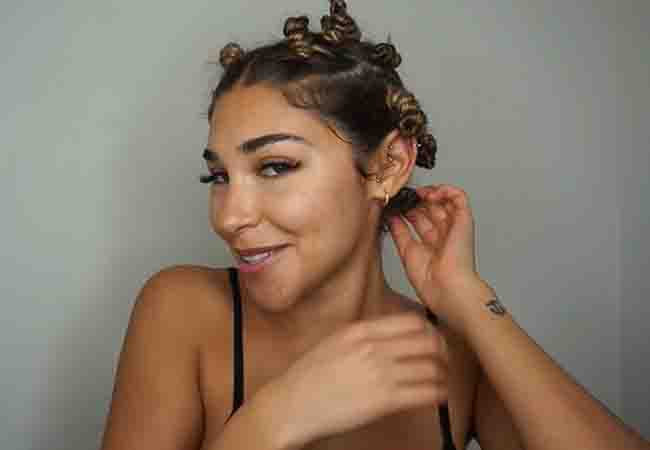
At present, Bantu knots have been renovated to suit modern fashion trends, but it still remains a powerful emblem to Black women around the globe.
Celebrities like Rhianna, Scary Spice, and “Crazy Eyes” (Fictional Character) have popularized Bantu knots.
Bantu knots peaked during the 1990s among African-American women. It was termed a “twisted mini hair bun” in the early 2000s. Over the years, the hairstyle has gained more acclaim and recognition.
FAQs
Are Bantu knots offensive?
Bantu knots aren’t offensive as long as the person wearing them is respectful of their origin, history, and cultural significance.
Where do Bantu knots originate from?
About 500 years ago, the people from the Zulu tribe in western and southern Africa invented Bantu knots.
Are Bantu knots work-appropriate?
As long as there are no specific restrictions about hairstyles in your workplace, you can wear Bantu knots to work.
Verdict
As you can understand now, the answer to “are Bantu knots cultural appropriation” depends on your intention. However, you’re more likely to face backlash if you wear it in public, so be prepared.
In case you decide to install Bantu knots, learn the accurate history and credit its origin and significance.

